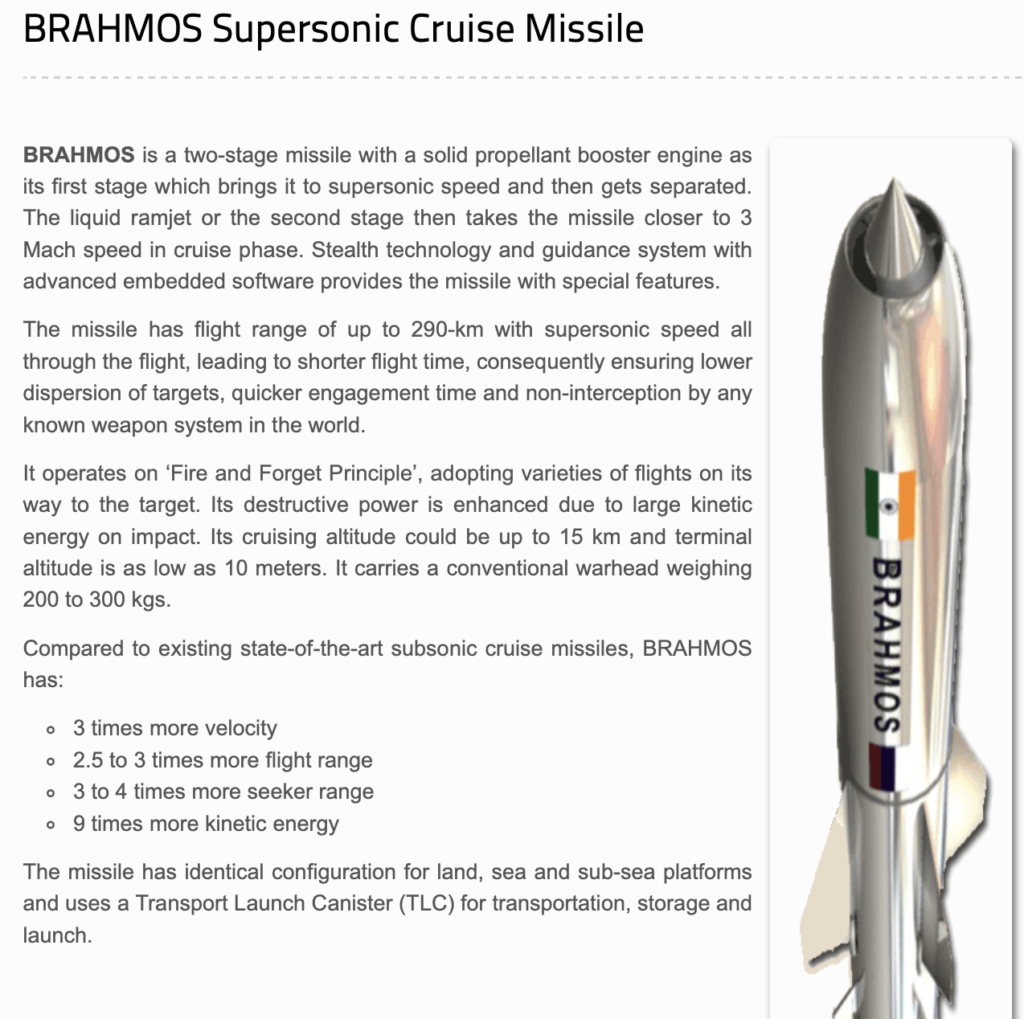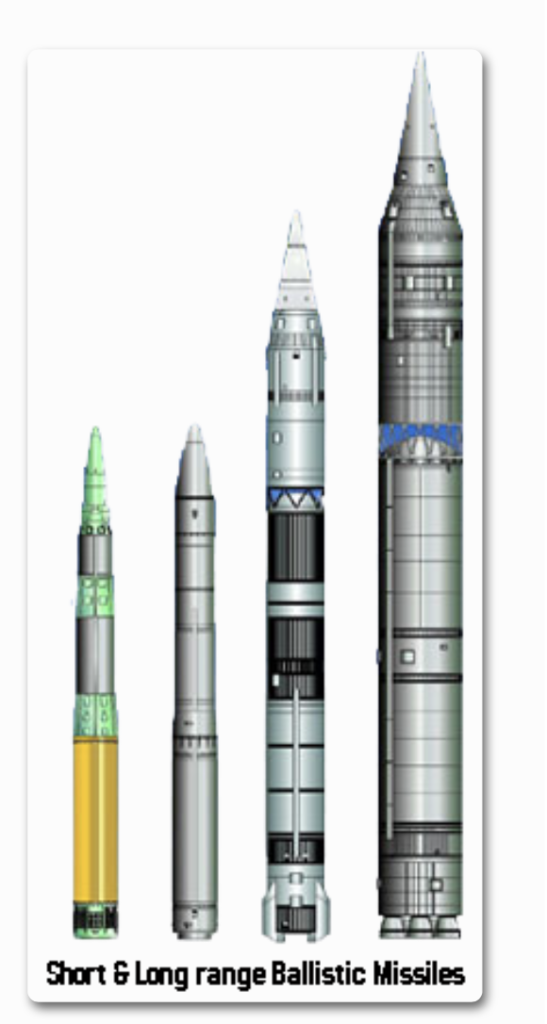This PNNL report has a good description of IAEA safeguards at Brazil’s Resende enrichment facility. Here’s the relevant section on the measures designed to protect some centrifuge design information:
For this facility, the sensitive information to be protected relates to the design of the centrifuges. During inspections, the inspectors have full access to the F&W station to observe and verify measurements of cylinder uranium element and isotope weight. The inspectors have access to the general vacuum station and to the building (confinement). Inspectors also have physical access to the cascade halls but not complete visual access. The facility has been designed to permit visual access to the cascade piping and the main header to permit inspector verification that the configuration has not been changed. The upper piping going to each centrifuge is visible to inspectors; however, the centrifuges are concealed behind panels to protect sensitive design information. In addition, the inspector visual access is sufficient to verify that clandestine piping or unidentified support equipment has not been installed in the portions of the process area outside of the panels that conceal the centrifuges.
The design of this enrichment facility corresponds to one of the more transparent types of conceivable black box facilities. This limited the inspectors’ ability to directly observe some aspects of the configuration of the centrifuge cascade.
<snip>
Inspectors also review surveillance data during both interim and unannounced inspections. During interim inspections the review covers the entire period since the last interim inspection. During unannounced inspections, the review is limited to the period since the event that triggered the inspection and the review of camera data is limited to cameras covering critical points.
Inspectors also visit the process areas during routine, interim, and unannounced inspections to verify the design information and to provide assurance that the facility has not been reconfigured to permit misuse. Inspector access to the process areas is governed by agreed-upon procedures to ensure that sensitive information is protected. To verify the configuration of piping in the areas concealed by panels, to which inspector visual access is denied, the operator is asked to take pictures of piping on randomly selected centrifuges.1 These pictures are compared to pictures taken when the cascade first started. The pictures are left at the facility under IAEA and Brazilian-Argentine Agency for Accounting and Control of Nuclear Materials (ABACC) seals. A review of all surveillance camera images within a given period is performed to confirm the absence of undeclared activities or nuclear material. Randomly selected cascade panels and points are used for ‘go – no go’ gamma and transmissivity measurements. This process uses a gamma detector system set up to detect a gamma source situated on the opposite side of the cascade, at the exact position of the detector. The process is then repeated without the source to account for background. The background radiation data measured are expected to be equal to or below the baseline data collected when the cascade was first started because an increase in the gamma radiation level being monitored could be an indication of the presence of higher uranium enrichment levels in the cascade hall.


